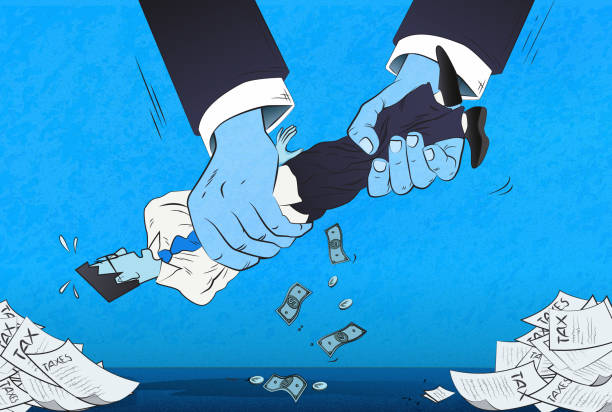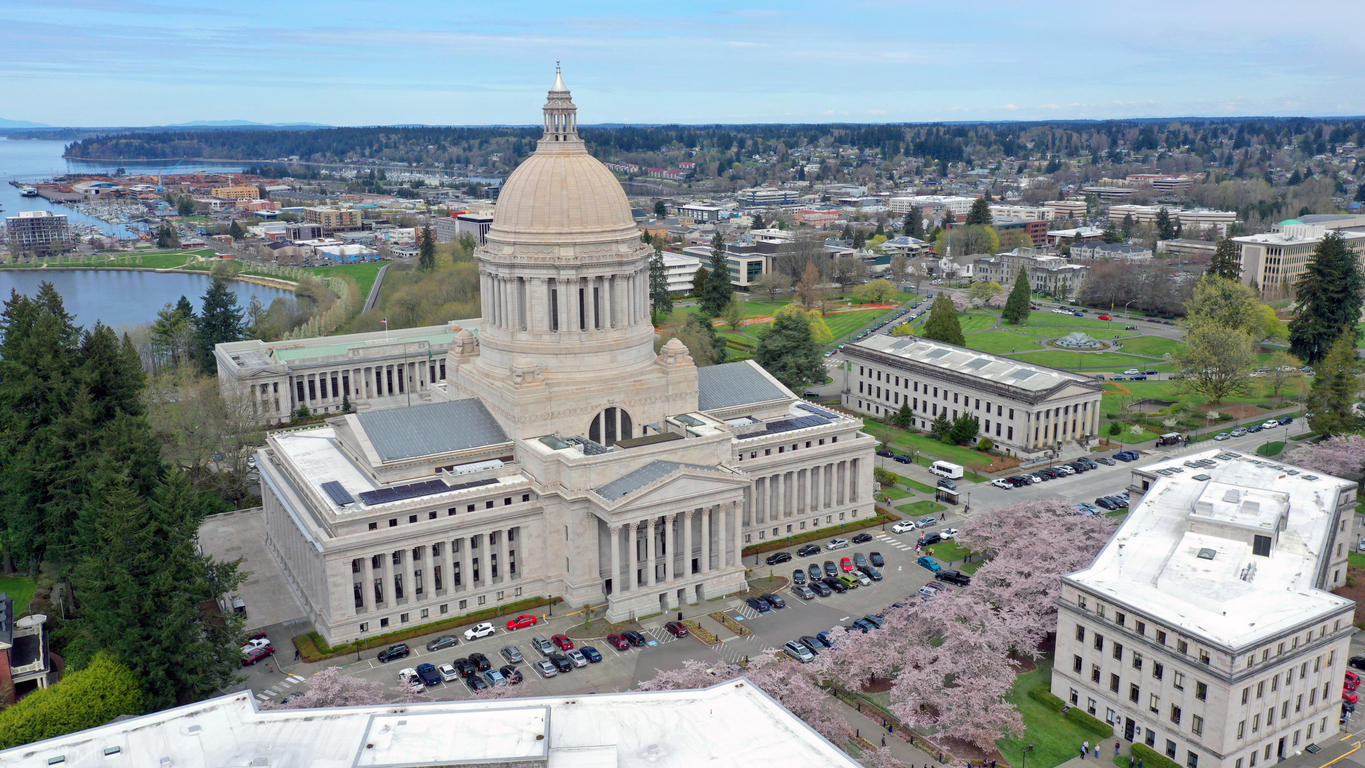Senate holds work session on state labor contracts
It may feel like a sleepy special session while lawmakers work toward a 2017-19 budget deal but I can report from firsthand experience that lawmakers are still very engaged in spirited debates. A good example of this was yesterday's Senate Commerce Committee work session on state labor contracts. The work session was spurred by a recent KING 5 investigative report questioning if the best interest of taxpayers is being reflected during the secret labor contract talks with the Governor's office.
From the KING 5 story:
"Two former WSF negotiators told KING the process was 'frustrating' because LRO negotiators didn't seem interested in protecting the interests of the taxpayer, but rather the unions.
'It was so frustrating because we would actually have more dispute within our team of LRO and Washington state ferries management at the time trying to make the changes than we actually did with the unions at the table. LRO in my opinion was running interference with the unions,' said former WSF operations director Steve Rodgers, who testified at the fact finding hearing.
Baumgartner said he plans to introduce legislation that would make negotiating contracts more of an open process in the future. He cited a conflict of interest in the current protocol as labor unions are perennial supporters of the governor.
'I would like to see the legislature involved as the people's elected representatives involved in the negotiating process. It shouldn't be just about the governor and the unions. It should be part of the legislative process,' said Baumgartner. 'Doing that would increase transparency and take away the perception of a conflict of interest.'"
I was invited to participate during the work session to provide details on how the state labor contract process changed in 2002 when the discussions were moved from the Legislature to the Governor concerning state employee compensation. Governor Gary Locke announced in 2004:
“This year’s contract negotiations mark the first time in state history that unions have been able to bargain with the state for wages and benefits. The new personnel reform law passed by the Legislature in 2002 expanded the state’s collective bargaining activities to include wages and benefits. In the past, the Legislature unilaterally set those terms.”
Not mentioned in this statement, however, was that when the Legislature set those terms they occurred during the public legislative process and not behind closed doors in secret as occurs now.
As noted by the current state union contract:
“Confidentiality/Media Communication 1. Bargaining sessions will be closed to the press and the public unless agreed otherwise by the chief spokespersons. 2. No proposals will be placed on the parties’ web sites. 3. The parties are not precluded from generally communicating with their respective constituencies about the status of negotiations while they are taking place. 4. There will be no public disclosure or public discussion of the issues being negotiated until resolution or impasse is reached on all issues submitted for negotiations.”
During the very energetic Senate work session yesterday I encouraged lawmakers to return this decision and process back to the Legislature as occurred from statehood until 2004. Short of that transparency reforms should be adopted so these decisions no longer occur behind closed doors.
The need for contract transparency was also the focus of my panel during WPC's two-day Solutions Summit this week in Bellevue and Spokane. My panelists included former Senate Majority Leader Rodney Tom, Lincoln County Commissioner Rob Coffman and Freedom Foundation Legal Counsel David Dewhirst. Here is the TVW video of the panel discussion.
Thankfully calls to bring more transparency to this secretive process continue to grow. Here are a couple statewide editorials on the need for reform:
- Seattle Times: More transparency needed in state contract negotiations
- Spokesman Review: Open up public employee bargaining
- Tri-City Herald: State labor negotiations need revamping
- Vancouver Columbian: Negotiations between officials, state employee unions should be public
As things currently stand for the 2017-19 budget debate the House funds the secretly negotiated contracts but the Senate does not. This provides the opportunity as a budget compromise is reached for the Legislature to also agree to much needed transparency reforms for this process going forward.
Additional Information
Taxpayers should be able to monitor public-employee contract negotiations
Secretly negotiated state employee contracts major focus of 2015-17 state budget debate








